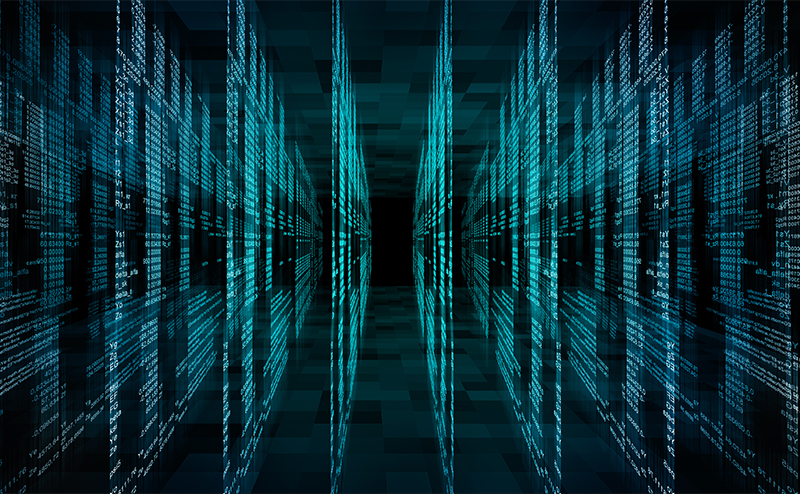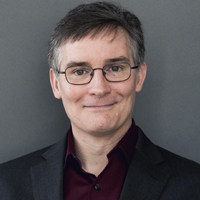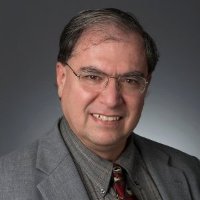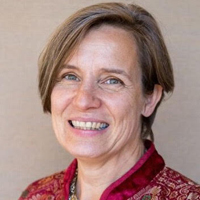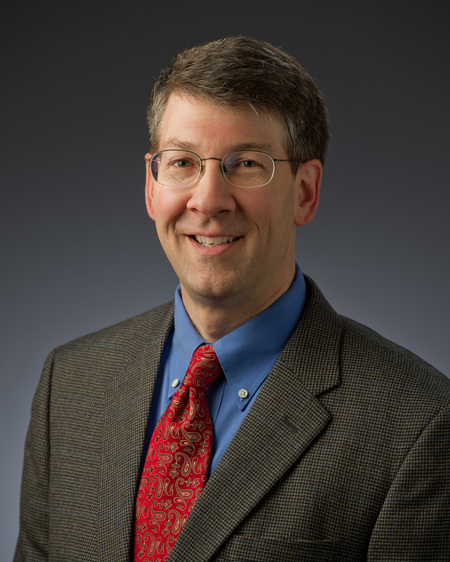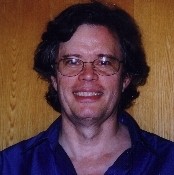Big Data is a buzz word used by companies employing analytical methods to gain new insights through the mining of large and varied data sets. However, various fields of Physics also accumulate voluminous data sets that need to be filtered, managed and analyzed. For an increasingly large number of researchers, a growing challenge is how to approach such data. In this seminar-style session, over a light brunch, we will hear different perspectives from leading researchers regarding the handling and exploring of vast quantities of data, and the opportunities Big Data has to offer the future of Physics.
Presented in collaboration with Elsevier and the Annals of Physics.
Image courtesy of Shutterstock.







